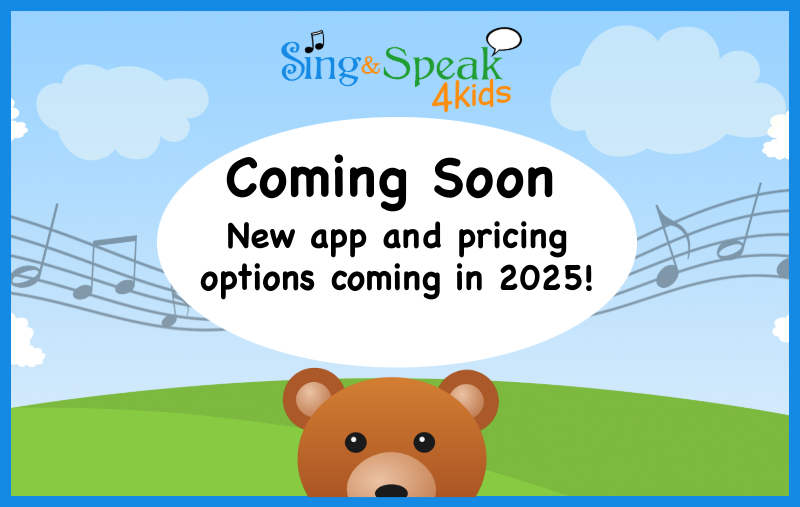The link between music and speech can make it a very effective tool in both language acquisition as well as overcoming language disorders. Both music and language use similar higher cognitive functions and subprocesses; they also share use of organized structure and pitch variations. Music’s unique properties may increase neurological functioning and allow individuals with a variety of communication disorders to improve their linguistic function according to this research paper by Torry Farnell.
While there are many ways for SLPs and OTs to incorporate music in their own practice, music therapy is an evidence-based practice in its own right as well. ASHA has provided this helpful guide on collaborating with music therapists. Some of their suggestions for multidisciplinary practice include:
- Clear communication about goals and scope of practice
- Utilize each other’s strengths
- Share information and ideas
- Be patient—sometimes it takes a bit of trial and error for collaborations to run smoothly
- Don’t assume that everyone shares your perspective. Be open to new ideas
- Work in the best interest of the patient without getting competitive
Collaborations can be fun and provide many benefits for your clients. Be proactive in reaching out to other therapists to learn more.



